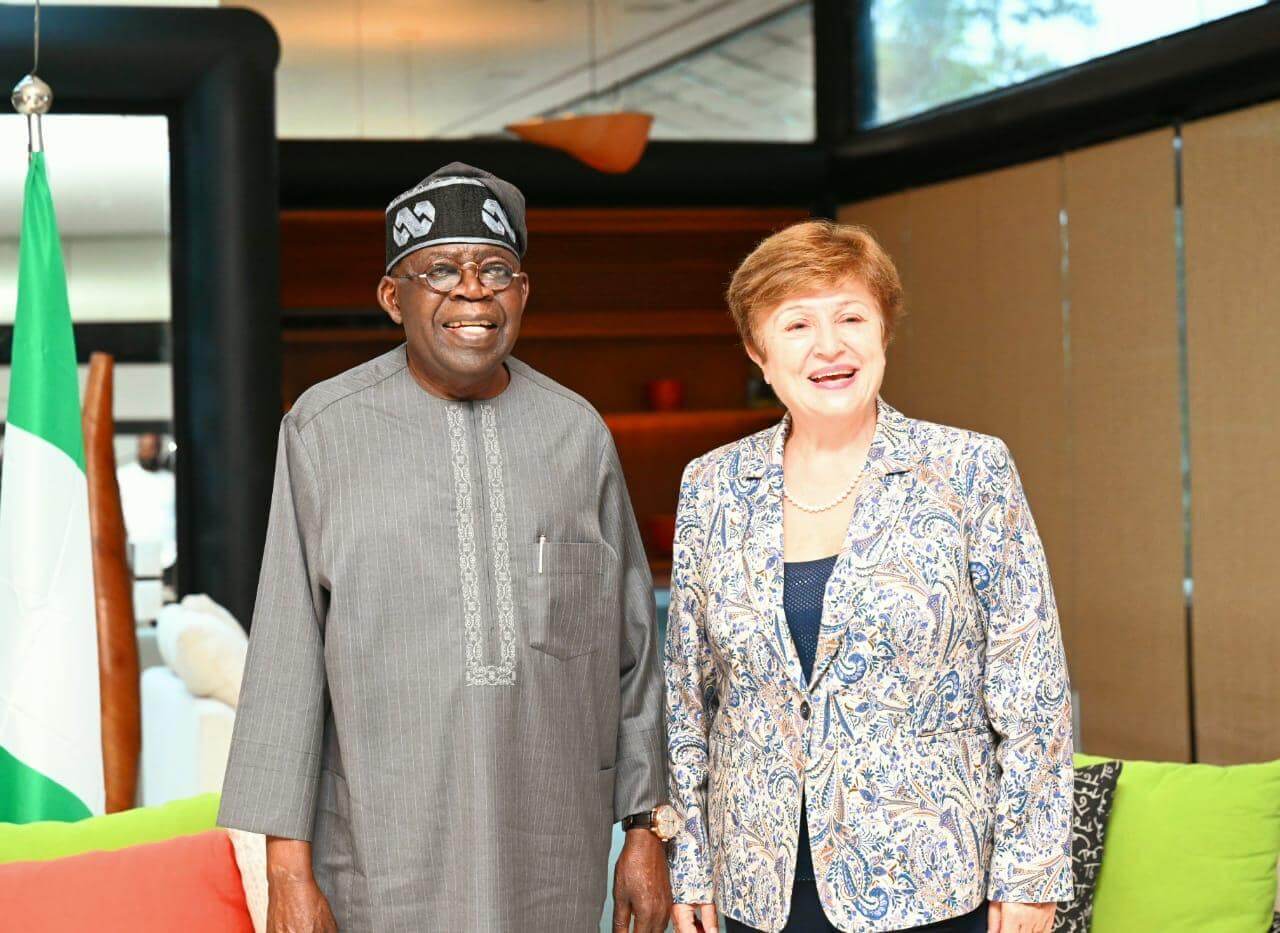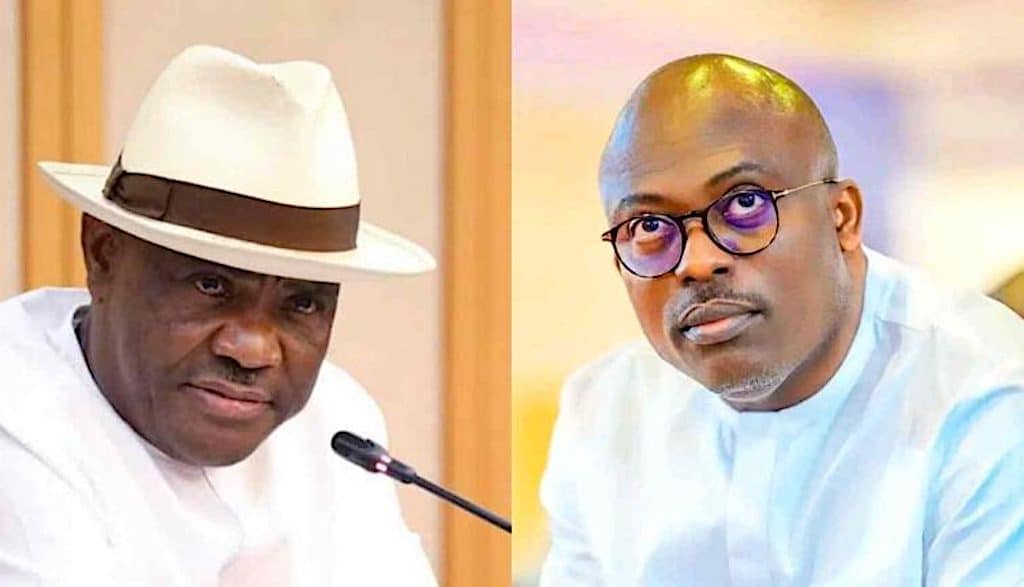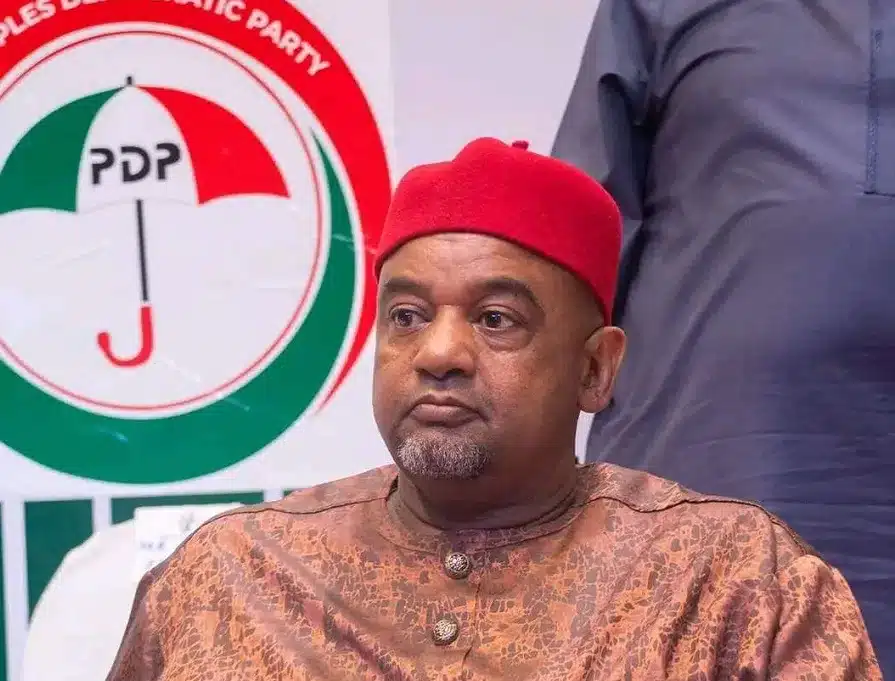The Nigeria Shipping and Port Economic Regulatory Agency Bill, according to maritime stakeholders, conflicts with the government’s plan to lower the cost of governance. ANOZIE EGOLE writes
To some stakeholders in the maritime sector, the Federal Government should concentrate on cutting the cost of governance by implementing the Oronsaye Report, which suggests consolidating agencies with overlapping functions.
They argued that introducing or passing the Nigeria Shipping and Port Economic Regulatory Agency Bill at a time when the country was battling with economic challenges was not the best idea.
Moves to get the bill passed through the National Assembly have resulted in a muted squabble in the sector as its regulators jostle for supremacy in a power play.
Consequently, stakeholders in the maritime sector have called on the Federal Government to stand its ground, fully implement the Oronsaye report, and save the country the huge cost of governance.
The House of Representatives Committee on Shipping Services and Related Matters held a one-day hearing on Monday, May 27, 2024, to gauge public feedback and input on repealing the Nigerian Shippers Council Act (Cap N133, LFN 2004) as a prelude to enacting the Nigerian Shipping and Port Economic Regulatory Agency Bill.
The Nigerian Shipping and Port Economic Regulatory Agency Bill 2023, with the Speaker of the House of Representatives, Tajudeen Abass, as lead sponsor, passed its second reading in March 2024.
One of the bill’s sponsors and Chairman of the House Committee on Shipping Services and Related Matters, Hon. Abdussamad Dasuki, quoting a gazette, said the Nigerian Shippers’ Council was made the port economic regulator in 2015 by the Federal Government, a status that needed to be formalised through legislation.
“The Federal Government noted that the objective of the regulation is to create an effective regulatory regime for the Nigerian ports after the concession of the ports. Port does not mean the Nigerian Ports Authority alone. It also means all the stakeholders in the ports, for the control of tariffs, rates, charges, and other related economic services,” Dasuki said on Wednesday, February 14, 2024, while presenting the bill to the House of Representatives.
“The shippers’ council’s gazette is being implemented today as a regulation and not as an act. The Regulations provided that the Nigerian Shippers’ Councils perform the role of interim port economic regulator with the administrative backing of the federal government,” he explained.
Repealing the existing Nigerian Shippers’ Council Act, he noted, would empower the NSC to discharge its mandate as the port economic regulator, adding that collation of memoranda from various stakeholders was ongoing before tabling a report before the House of Representatives for third reading.
Experts speak
There are, however, contrary positions in various quarters, not against the passage of the Nigerian Shipping and Port Economic Regulatory Agency Bill but against misrepresentation of the agency to be created from the bill in terms of its functions and jurisdiction, vis-à-vis other agencies in the maritime sector.
The experts stated that the Nigerian Shipping and Port Economic Regulatory Agency Bill 2023 currently before the House of Representatives may suffer the failure of previous versions due to its disjointed articulation.
According to the Nigerian Maritime Renaissance Network, the bill, which has passed a second reading in the House, is filled with ambiguities that can only precipitate confusion and duplications in the functions of the maritime regulatory agencies.
A statement by the Lagos-based organisation explained that numerous areas of the bill lack the clarity that was essential in addressing its core purpose and adding value to port operations in the country.
President of the group, Temple Isomah, said the group watched with discomfort as the one-day hearing by the House of Representatives Committee on Shipping Services and Related Matters deviated from the achievement of the presidential policy on reduction of the cost of governance to overloading the new agency emerging from the bill with functions of other agencies and more.
“The first fallout of the bill is the evolution of a mega-agency, which would be enmeshed in agency capture given the powers given to it to oversee the operations of other agencies in the sector. This situation would engender dirty competition and politics that would undermine the growth of the industry.
“In its present form, the bill will produce a port economic regulator that would be more powerful than even the Federal Ministry of Marine and Blue Economy. In the same way, we have a state oil company that is richer and stronger than its mother ministry and industry regulator. This should be avoided,” Isomah said.
Isomah also noted that the Orosanye Report, which the Federal Government had cleared for implementation, specifically recommended the mergers of agencies and parastatals whose functions overlap and constitute duplications.
The bill, the group said, should strike a delicate balance between reforms and create a level playing field that ensures competitiveness and unlock substantial opportunities for the country.
On the way forward, NMRN suggested the need to explore further dialogue among the agencies in the industry in an unhindered atmosphere, to provide clearer guidance on the appropriate articulation of their roles, which would be embedded in the bill before its passage by the National Assembly.
The speed with which sponsors of the bill were pushing for passage suggested a quest by some individuals and groups to put their interests ahead of those of the nation, the group noted.
The National President of the National Council of Managing Directors of Licensed Customs Agents, Mr Lucky Amiwero, said the bill would fuel conflict and create obstacles to implementation, adding that existing legislation should not be duplicated or overridden by provisions.
“The bill contains clauses that conflict with other agencies, especially NPA 42-(a), usurping the powers of licensing port services and facilities from the landlord, who is the owner of the land, who leases the land, that is, the Nigerian Port Authority, and the partial owner of the leased or concession facilities. Clause 2(d)(e)(g)4-(h),(o)(p)4-(2) Clause 28-(c)(d)(e) Clause 38-(1)(a) (b)(c)(d).
“Usurping powers and conflict will create obstacles to implementation, existing legislation should not be duplicated or overridden by provisions. Clause 70 contains the interpretation of various terms. Prescribed service means a person, body, or agency that is prescribed by this bill as such; or providing prescribed service in Nigeria within the meaning of Section 38 of this bill and includes the Nigerian Railways Corporation; the Nigerian Ports Authority, the National Inland Waterways Authority, and other agencies providing regulated services of any nature in the regulated sector in Nigeria,” Amiwero explained.
According to a former acting National President of the Association of Nigerian Licensed Customs Agents, Mr Kayode Farinto, the bill would not only contradict the Nigerian Ports Authority Act, it would also do an injustice to Act 16 of 2007 for the Council for the Regulation of Freight Forwarders in Nigeria.
“Regulating the Nigerian Ports Concession Agreement may conflict with the role of the NPA saddled with the responsibility, except that it shall, in conjunction with the NPA, ensure that it regulates the port concession agreement,” Farinto said in a document obtained by The PUNCH.
For instance, an examination of the bill clearly shows that the powers and functions of the Nigerian Maritime Administration and Safety Agency have been duplicated, considering that such functions as shipping regulation, issuance of certificates, licenses, fees, charges, and levies fall within the exclusive jurisdiction of NIMASA. The bill failed to indicate how this would be remedied.
Even the agency had argued that the bill, in its present form, was a contradiction of the presidential policy specifically aimed at reducing the cost of governance and implementation of the Oronsaye Report, which recommended mergers of agencies whose functions overlap and constitute duplications.
There was a need for revision, it stated.
NIMASA is not alone, as other agencies under the Ministry of Marine and Blue Economy were also demanding a revision of the existing approach to operations that had guided the agencies over the years.
Though the NPA may not have opposed the bill, it highlighted the confusion that may ensue due to the combination of “ports” and “shipping” in a regulatory agency and demanded proper phrasing of the roles of the agencies to avoid encroachment and infringement.
The NPA also emphasised the need for the agency, which should be named the Nigeria Port Economic Regulatory Agency, to have clarity to avoid duplicating the functions of other players in the sector.
The NPA, as a landlord agency, is saddled with the responsibility of granting concessions to the concessionaire, under the statutory regulation and monitoring of the Infrastructure Concession and Regulatory Commission.
This means that the review of concessions and the collection of all or part of the concession fees as in Section 28 of the bill cannot be the business of the proposed new port economic regulator.
A position paper presented by the agency said, “The intent and import of the Nigeria Shipping and Port Economic Regulatory Agency Bill is policy. It, therefore, must be driven by the sector policy arm of the executive, the Federal Ministry of Marine and Blue Economy. The function of parliament here is to facilitate seamless implementation of established policy by enacting the intent of the operators.”
It is noteworthy that following the port reform programme and subsequent concession of the ports, there was consensus among stakeholders on the need to establish an economic regulator for the ports to provide a competitive and conducive environment for commercial activities in the industry.
Consequently, various versions of a bill to create this agency were developed and presented for legislative action in the 6th, 7th, 8th, and 9th National Assemblies. However, none yielded the desired outcome due to conflicts of interest and narrow articulation.
In response, the Federal Government in 2014 signed an Executive Order that made the Nigeria Shippers’ Council the economic regulator for the ports pending the enactment of an act.
Now, the process of enacting an appropriate law to streamline the operational framework for the industry, particularly in port management, has become an exercise to overload the NSC with roles and powers well beyond the original purpose of an economic regulator.
Due to the possibility of reaching a stalemate again due to conflicting positions on the bill, it may be best to maintain the current situation while discussions continue to prevent the fate of previous versions of the bill.
Meanwhile, contrary to experts’ views, the House of Representatives Committee on Shipping Services and Related Matters recently said the Nigerian Shipping and Port Economic Regulatory Agency Bill would curb arbitrary charges and other illegal acts of operators in the nation’s maritime industry when passed into law.
Speaking with newsmen after a public hearing on the repeal of the Nigerian Shippers Council Act, the chairman of the committee, Abdussamad Dasuki, explained that the committee was still collating memoranda from various stakeholders on the bill before going ahead to present the report before the House of Representatives for third reading.
According to Dasuki, the bill seeks to repeal a law preventing the NSC from enforcing a presidential directive concerning economic regulation of the ports.
He continued, “The bill is to repeal a law that is preventing the NSC from enforcing a presidential directive concerning economic regulation of the ports. The nation’s maritime industry is overdue for this, and we will see to its implementation.”
Collaboration
A former member of the Governing Council of the Council for the Regulation of Freight Forwarding in Nigeria, Increase Uche, suggested the need for stakeholders to come together to think about how to ensure that there is no function overlap with the bill.
“For those thinking that it would lead to overlap, what we need to do is put on our thinking cap, come together, and look at those areas now that the bill has not been passed. Look at the areas to modify to support the bill,” he said.

 5 months ago
67
5 months ago
67















 English (US) ·
English (US) ·